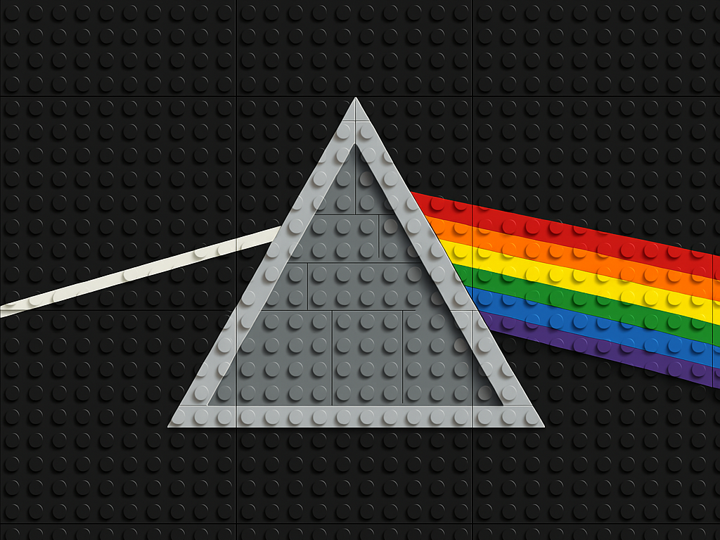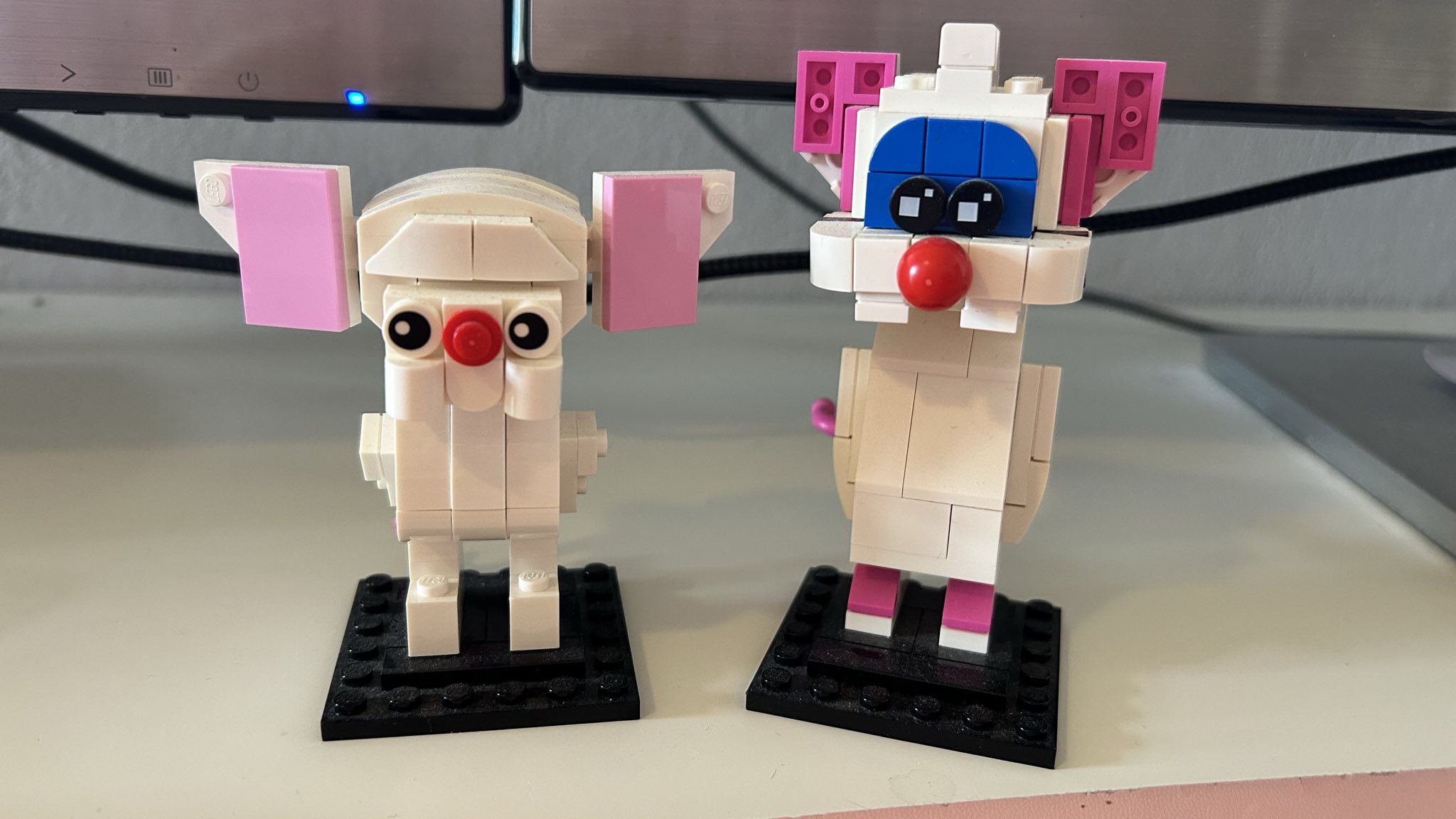Unmeasured: Part 0 - More ain't better
If something grows endlessly, consumes everything around it, and destroys the host. What do we usually call it? Cancer.
It’s a stark metaphor, but an accurate one.
We’re obsessed with more. More meetings. More output. More growth, more velocity, more performance. Behind it all sits a deeply ingrained assumption: that more is better. Always. And the faster we can get to more, the more successful we’ll be. This logic is rarely questioned. It’s embedded into our calendars, OKRs, dashboards, and even our casual conversations. Ask someone how they are, and the answer is usually “busy” - and strangely they say it like it’s a good thing. We’ve accepted the idea that nonstop activity is a sign of relevance, that a packed calendar is a mark of status, and that burnout is just collateral damage on the path to achievement.
But we need to ask: at what cost?
We live in a culture that measures everything. Every click, every message, every hour. In the name of efficiency, we’ve turned productivity into something mechanical—transactional: Effort becomes recognition. Speed becomes value. Hustle becomes worth. It’s a system that promises clarity, but actually delivers alienation. Karl Marx once wrote about workers being alienated, not only from the things they produce, but from the process of work, from their fellow workers, and ultimately from themselves. In modern knowledge work, this is not theory, it’s everyday reality.
You finish the sprint, but don’t know who used the feature. You send the report, but don’t see the decision it informed. You sit in the meeting, speak your piece, and although you talk to people all day long, you are disconnected from any sense of shared purpose.
This isn’t just inefficient. It’s dehumanizing.

When rest becomes resistance
Against this backdrop, simply resting (truly resting) is radical:
Daydreaming. Lying in bed without reaching for your phone. Taking a walk with no productivity podcast in your ears. Staring out the window and letting your mind wander. In these moments, you are doing something profound: you are refusing to be productive in the way capitalism defines it. You are not producing. You are not consuming. You are not making someone else richer. You are simply existing, on your own terms.
And in a system designed to extract, track, and monetize every moment of your time and attention, that is an act of quiet rebellion. (and if you read my blog regularly, you know how much I like a lil rebellion)
Rest is not a reward
One of the most dangerous ideas we’ve internalized is that rest must be earned. Once the quarter ends. Once the deadline is met. Once the burnout becomes undeniable. But the truth is this: rest is not a luxury. It is not a treat. It is not something that comes after you’ve done the work. Rest is a prerequisite for clarity, resilience, and creativity. It’s the foundation, not the bonus. And yet our systems, our tools, and our culture often fail to account for this. They treat stillness as waste, silence as emptiness, and reflection as optional. This to me is a narrow and harmful view of what it means to be productive.
So what are we actually optimizing for?
We build dashboards and define KPIs. We measure tickets closed, lines of code written, emails answered. But rarely do we step back and ask: what’s the point?
- Are we trying to maximize output or create lasting value?
- Are we building faster teams or better ones?
- Are we rewarding movement or meaningful progress?
Until we ask these questions, we’ll keep designing work environments that push people to perform but leave them detached from purpose. We’ll keep treating exhaustion as excellence. We’ll keep mistaking motion for meaning.
A more holistic perspective
This series is not about how to squeeze more out of people. It’s about stepping back and rethinking what productivity even means, especially now, in a world where AI tools like ChatGPT and Copilot are automating the visible, repeatable parts of knowledge work. We’re entering a new phase of work, one that demands a more holistic view of performance. One that honors strategy as much as speed, reflection as much as results, and people as more than inputs in a machine.
In the next post, we’ll explore how we ended up measuring the wrong things, and how we can begin to shift the focus back to outcomes, purpose, and impact.
But for now, let’s sit with this:
- A full calendar is not a fulfilled life
- Six figures is not a guarantee of happiness (unless they are the ones of the thumbnail of this post 😇)
- And sometimes, the most productive thing you can do is absolutely nothing
What do you think?
Some resources
You May Also Like
Isolation as a business model
A critical look at how capitalism, hyper-individualization, and AI are quietly eroding human connection, collective memory, and our capacity for solidarity.
A Manifesto for Ethical Software
Ethical software empowers people through inclusion, accountability, and accessibility.
Why the infamous 'Lets make a list of use cases' is THE way to kill AI innovation
How to stop the paralysis by analysis





